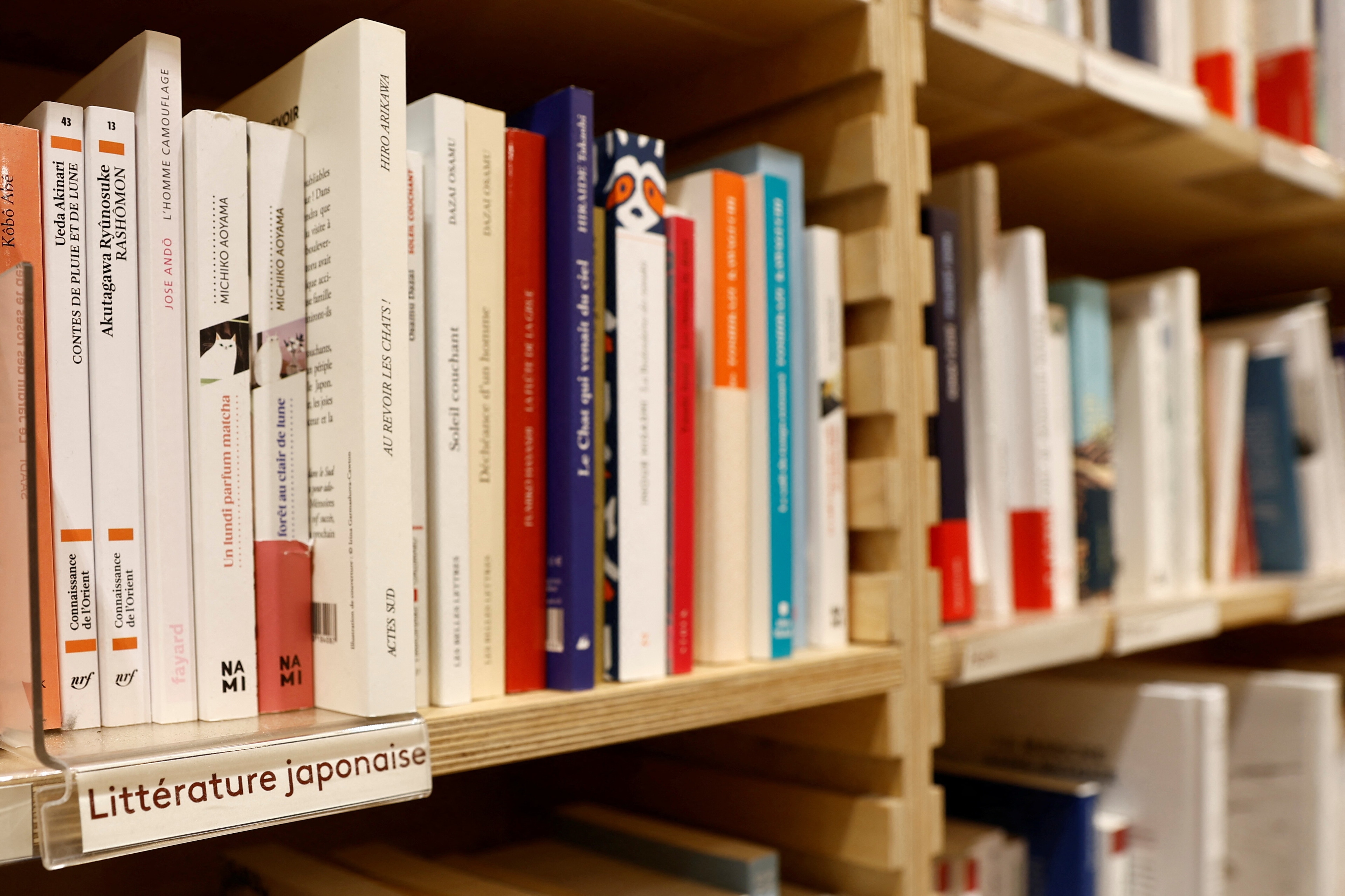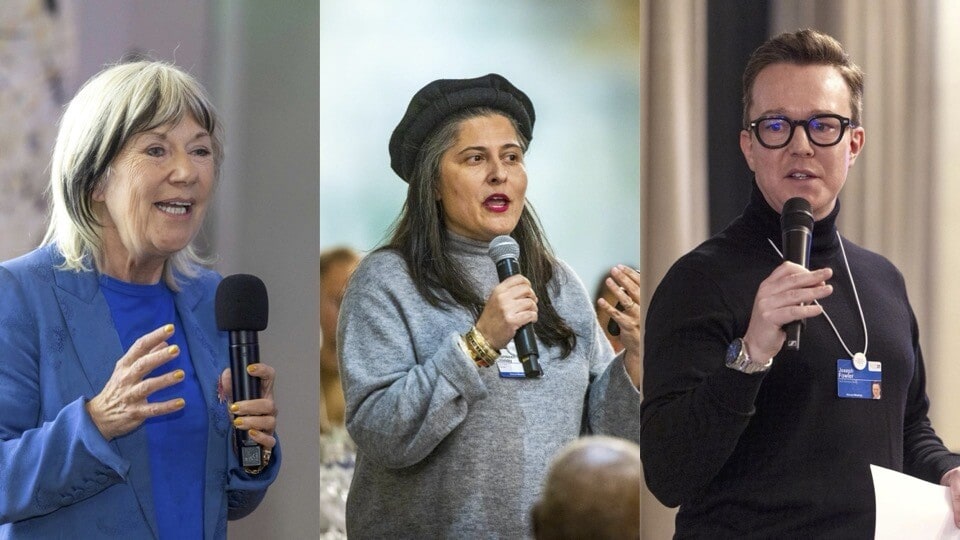The Post-Multicultural Era?

Image: Greg Beadle
What’s the best way to build tolerant, multicultural societies? It might seem perverse to suggest that we should trumpet what we have in common, rather than understanding our differences. However, according to Brendan Cox, Director of More in Common and husband of murdered British MP Jo Cox, the dead end that liberals in the West have walked down is to celebrate difference while forgetting to celebrate what binds us together as human beings. The challenge is to do both at the same time.
A recent Pew Research survey in 10 European countries found that one-third of respondents have a negative attitude to diversity – they believe it makes their country a worse place to live. It’s completely understandable that many ordinary people in Europe felt afraid in the wake of the financial crash, terrorist attacks and the huge flow of migrants from the Middle East and across the Mediterranean. They feared for their jobs, their security, their families. The biggest mistake politicians in Europe have made over the past decade is to ignore that anxiety, argues Alex de Croo, Deputy Prime Minister of Belgium.
Lack of empathy
How can society’s leaders soothe these fears and build integrated communities? Empathy is one answer. “We react to people’s fears and concerns with facts when we need to engage with their feelings,” Cox said. Simply increasing the opportunities for different groups of people to meet up can help. Data indicates that interaction with someone from a different social group can change your attitude to that group. Intolerance is greatest among least-diverse societies.
In Canada, the government has encouraged communities to sponsor individual refugees and take them into their families. The benefits for the refugees may be obvious, but the positive impact on the person welcoming the refugees is also enormous. Some feel that they have gained a son or granddaughter in the process. In the United States, Airbnb put out a message around the Thanksgiving holiday asking families to host a newly arrived family for Thanksgiving dinner. The response was amazing.
There is, however, a dark side to populism. Elif Shafak, the Turkish novelist, said: “Populists do not like plurality and complexity – they want to reduce us to a single tribe.” If politics is defined on the basis of mutually exclusive identities, there will be conflict. Europe has a history of xenophobia, which we all have to work hard not to repeat. “Sameness does not bring safety,” said Shafak, adding that “diversity is precious and it’s time to defend it.”
Redefining patriotism
In most Western European countries, about one-quarter of the population are liberal and support diversity, about one-quarter are very hostile to the idea, and about half are sitting on the fence. The problem is that the populists are better organized than the liberals. And the more the anti-diversity voices dominate the debate, the better they connect with the undecided 50%. The liberals have to fight back.
As Cox put it: “We need to get better about talking and owning patriotism. We have left it to the right to define and dominate. We need to define patriotism in a more inclusive way.”
Don't miss any update on this topic
Create a free account and access your personalized content collection with our latest publications and analyses.
License and Republishing
World Economic Forum articles may be republished in accordance with the Creative Commons Attribution-NonCommercial-NoDerivatives 4.0 International Public License, and in accordance with our Terms of Use.
The views expressed in this article are those of the author alone and not the World Economic Forum.
Stay up to date:
Arts and Culture
Forum Stories newsletter
Bringing you weekly curated insights and analysis on the global issues that matter.
More on Arts and CultureSee all
Elena Raevskikh and Giovanna Di Mauro
October 22, 2025






